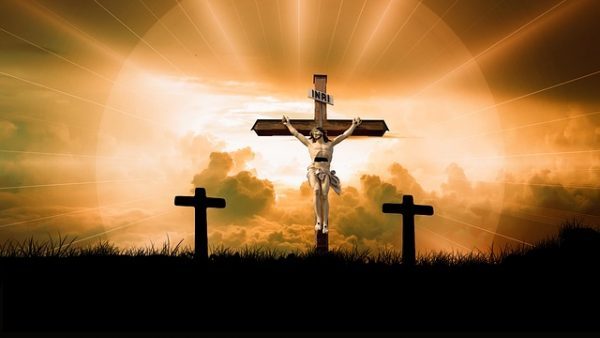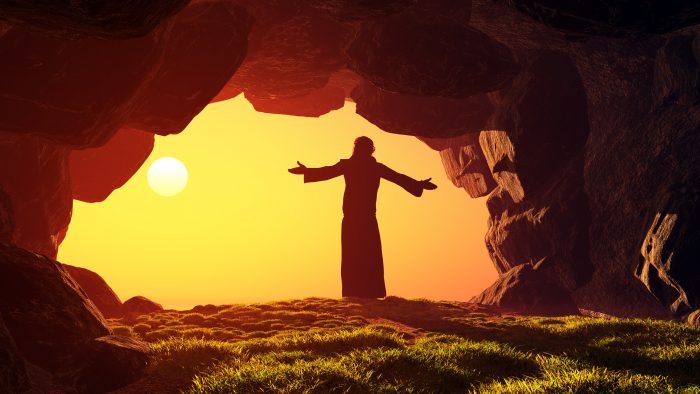After fasting and abstaining for the last 40 days and nights (Sundays not included), the Lenten season draws to a close with Easter Sunday. This day is also known by such names as Paschal Sunday or Resurrection Sunday as well. Easter Sunday is the most important feast in the Catholic community. Even more important than Christmas since it is when we celebrate the resurrection of Jesus Christ.

Easter Sunday and Jesus’s resurrection
This year the commemoration of the resurrection of Jesus Christ happens on the 1st of April. Easter Sunday and related celebrations, such as Ash Wednesday and Palm Sunday, are considered “moveable feasts,” although, in western Christianity, which follows the Gregorian calendar, Easter always falls on a Sunday between March 22nd and April 25th.
Jesus’s resurrection, as per the New Testament in the Bible is the very foundation on which Christianity is built. As the New Testament states, Jesus was arrested because he claimed to be the ‘Son of God’. There was also possibly that this happened because the Romans felt he was a threat to the Roman empire. However, this is just from a historical point of view as there doesn’t seem to be any proof to back it up.
On Good Friday, the ‘Passion of the Lord’ is spoken during church service. It tells of all that happens to Jesus from the time he enters Jerusalem until he dies on the cross and is resurrected three days later. This showed proof that he was the living son of God.
In different ways, all four of the gospels in the New Testament (Matthew, Mark, Luke, and John) state that those who believe in Jesus’ death and resurrection are given “the gift of eternal life.” This essentially means that those of faith will be welcomed into the “Kingdom of Heaven” upon their earthly death.
The feast of the Passover
Easter is also very much associated with the Passover feast. The Last Supper was essentially a Passover feast, occurring the night before Jesus’s arrest. It is from this feast that we get the Christian ritual of Holy Communion. Jesus broke bread with his disciples and declared it to be his ‘body’ and the wine they drank, his ‘blood’. To this day, it remains a fundamental part of Christian religious services.
Easter traditions
There are a number of traditions associated with Easter, leading up to Jesus’s resurrection.
People fast and abstain from various things in their daily life during the period of Lent. Lent begins on Ash Wednesday and lasts for 40 days (not including Sundays). Fasting and abstinence are personal decisions and cannot be forced on anyone.
Palm Sunday marks the beginning of Holy Week leading up to Easter. It signifies the day that Jesus arrived in Jerusalem with his disciples. Jesus’s followers were believed to have laid palm leaves on the ground to commemorate his arrival.
The Easter Vigil services usually begin late on Saturday night, also known as Holy Saturday to herald Jesus’s resurrection.
Easter eggs are usually left in hidden spots by the Easter bunny. This tradition has its roots in pagan celebrations. It’s believed that eggs represented fertility and birth in certain pagan traditions that pre-date Christianity. Egg decorating may have become part of the Easter celebration in a nod to the religious significance of Easter, i.e., Jesus’ resurrection or re-birth.
Not much is known about the exact origins of the Easter Bunny tradition. It is believed that it arrived in America with German immigrants in the 1700s. Rabbits are, in many cultures, known as enthusiastic procreators, so the arrival of baby bunnies in springtime meadows became associated with birth and renewal.
The resurrection of Jesus Christ is essentially a time of new beginnings. Jesus died for us and rose from the dead, showing us that life doesn’t end there and that we too can make changes to our lives and renew our faith once more.
Information credit – The History of Easter/ Wikipedia
ItsGoa/MAR/KDGP


